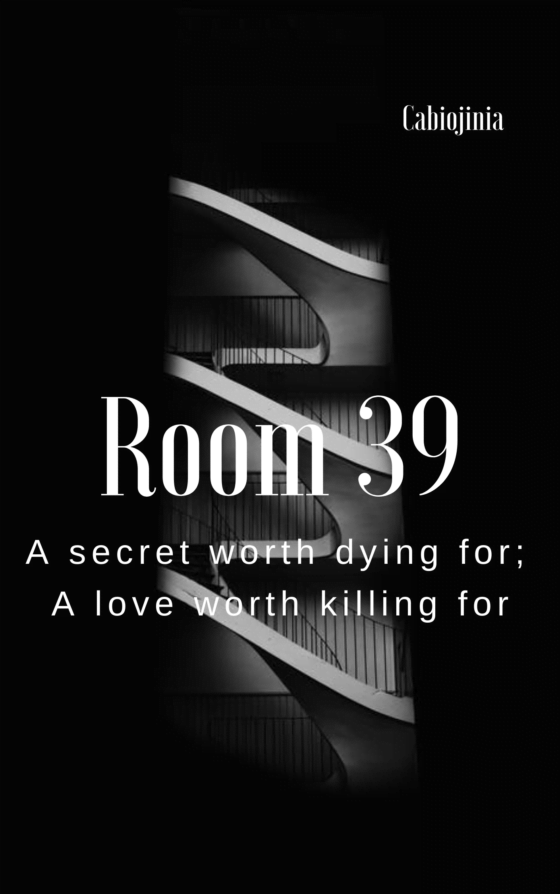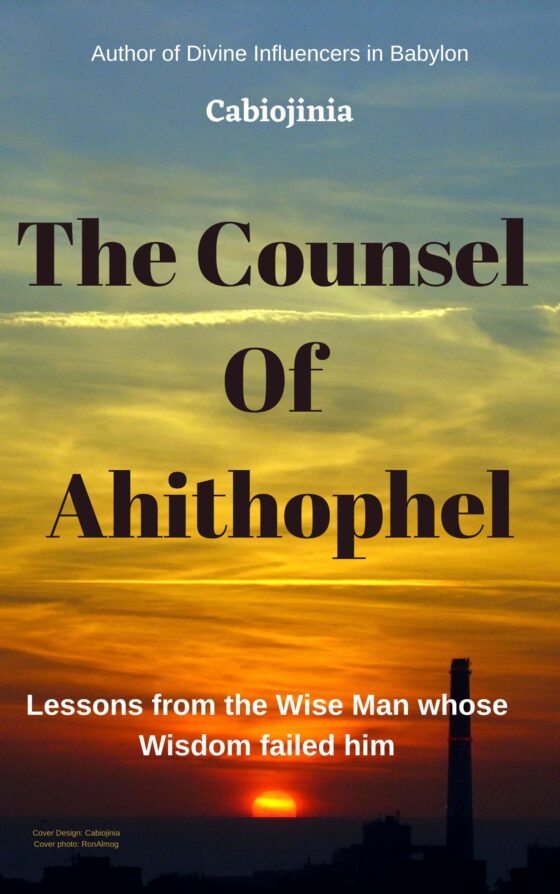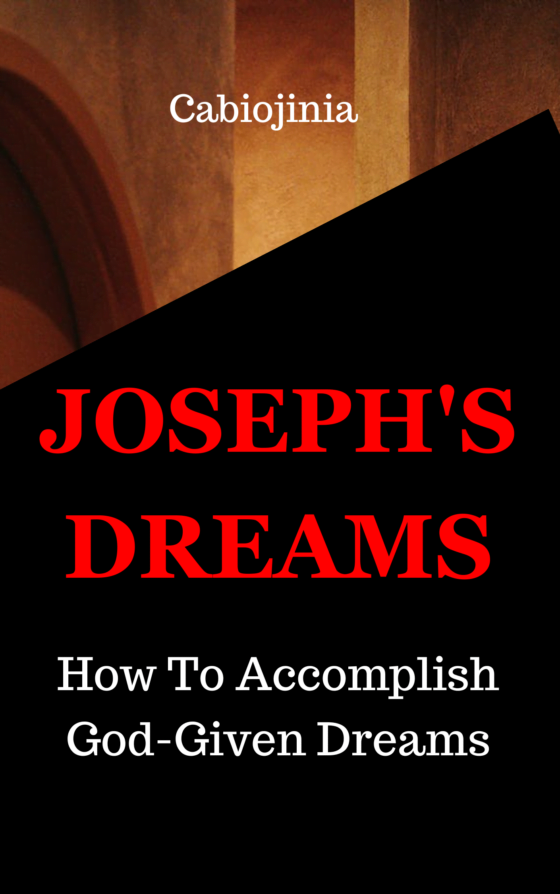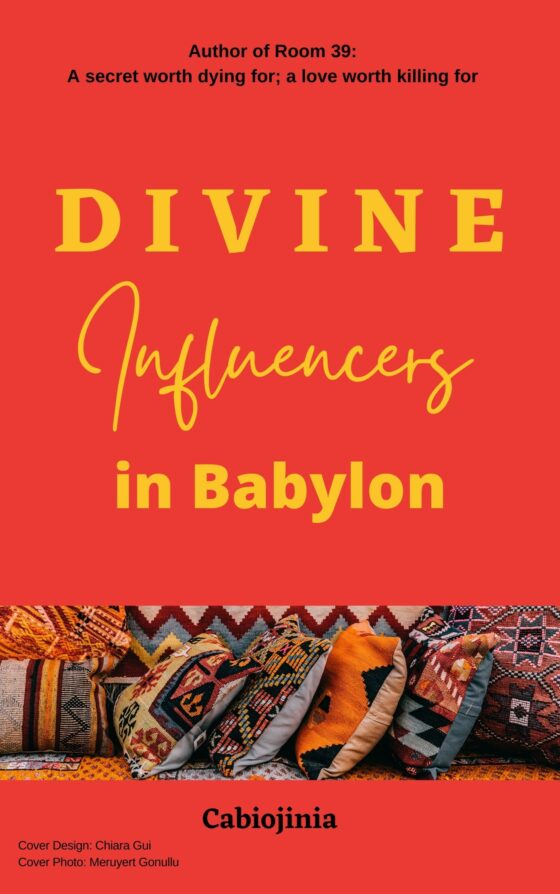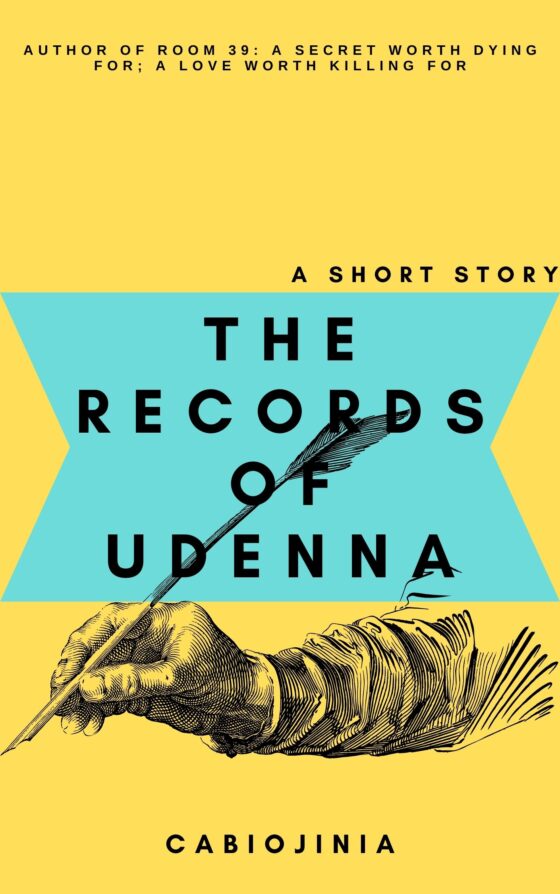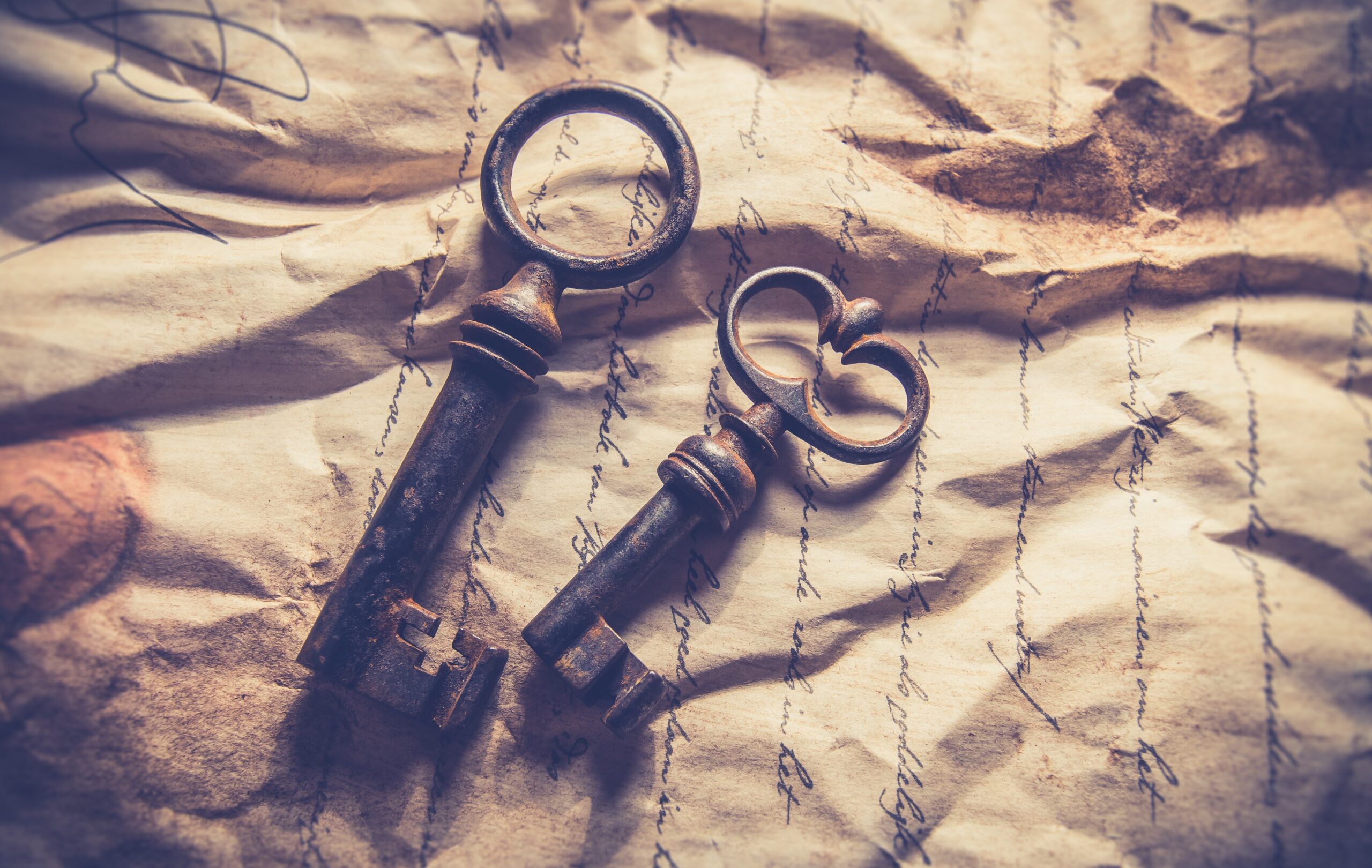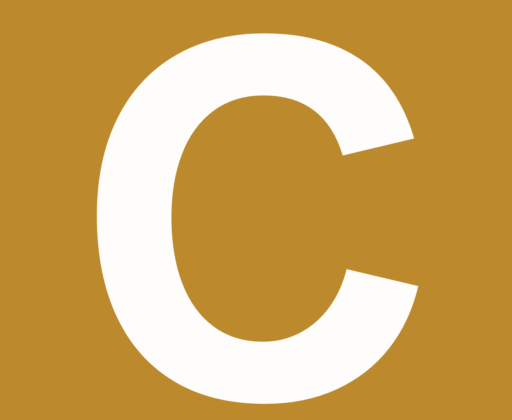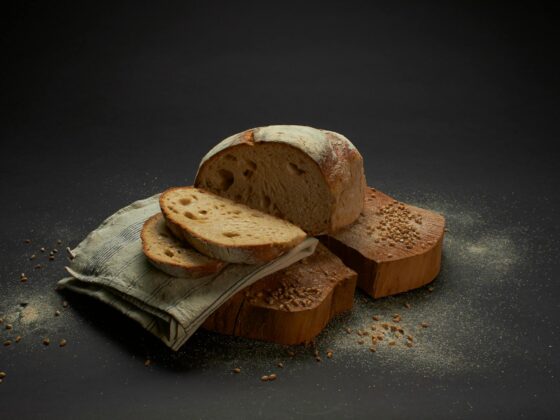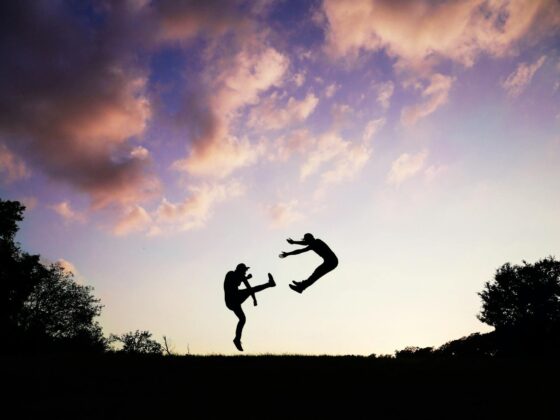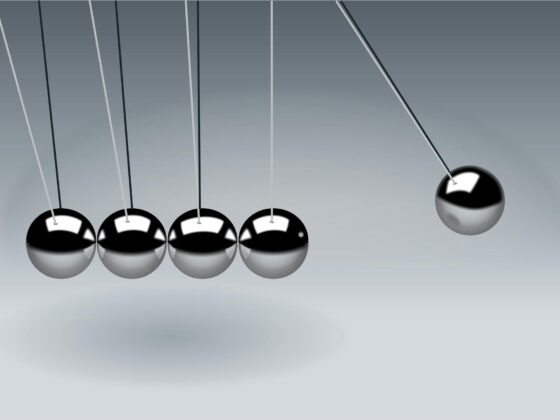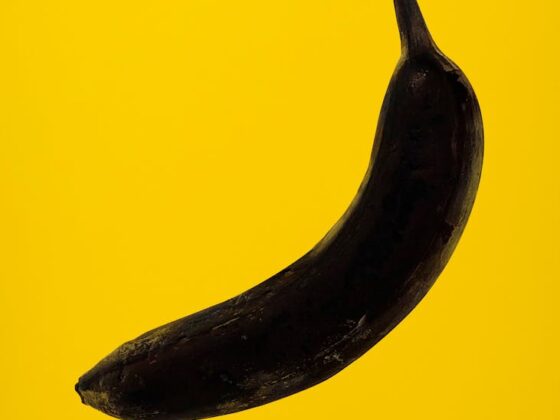Magna Carta Libertatum, arguably the most important and famous charter of the last millennium in western history, is a document that stands internationally as a symbol of Liberty. Originally drawn by the Archbishop of Canterbury and the English Barons, and signed by King John, and successively reissued by King Henry III, it has inspired people and several prominent men across the centuries – persons like one of the founding fathers and 3rd President of the United States Thomas Jefferson, and the great Indian lawyer and anti-colonial nationalist Mahatma Gandhi.
King John of medieval England, who is regarded by many as one of the worst kings in the history of England because of his several cruel behaviours, among other things, imprisoned his ex-wife, stabbed his opponents to death, allegedly killed his nephew and pulled the beards of Irish chiefs, had imposed heavy taxes on the Barons to finance his endless overseas wars. King John was busy wasting the nation’s resources in a disastrous war in France, this while levying heavy taxes on the populace. And refusal to pay attracted severe punishments, including ceasing the properties of the Barons.
As usual, when people’s pockets are touched, especially those of the Barons, who previously couldn’t see eye to eye with one another, they suddenly unite. They magically find a common denominator, throw away all their ‘indelible’ differences and build a bridge to meet each other. And Oh sorry I forgot, the Church of course couldn’t have it. So, she joined in the plot to stop such a brazen display of arrogant behaviour and spite on the rule of law.
So, following these heavy taxes and the consequences that followed the defaulters, the barons revolted and demanded that the king obey the law and cut down on his demands and overseas wars. When the king refused, these barons took over London and captured the King. So, the King was forced to sit at the negotiation table. So, on 15 June 1215, in Runnymede, King John agreed to sign an agreement with the Barons.
Leaving aside most of the things that were contained in the Charter, which things actually were meant to protect the top social class like the Barons, one clause that stands out and forms part of the British law today is this: “No free man shall be seized or imprisoned, or stripped of his rights or possessions, or outlawed or exiled, or deprived of his standing in any other way, nor will we proceed with force against him, or send others to do so, except by the lawful judgment of his equals or by the law of the land.”
This particular clause gave all free men the right to justice and to have a fair trial. Well, “free men” must be underlined because most people weren’t really free. They were mostly “unfree” peasant farmers that were under the rulership of their landowners. Basically, the Barons agreed to a charter that catered to their needs and those who lived in the upper societal echelon.
However, in the coming years, most of these conditions would change as Magna Carta would become part of the English Law. In the United States Declaration of Independence and the Universal Declaration of Human Rights, we see the clauses of the Magna Carta re-echoed. Although a good part of the original Magna Carta has been repealed and some rights in it now ensured by other statutes, it’s worthy of note that this document still stands as a symbol of liberty. And obliges the leaders to abide by the law of the land, just like other citizens.
Now, enough of the historical background. I wrote this article to point out the hypocrisy we see today, which actually has been there since the creation of man.
When God asked Cain about Abel his brother, he notoriously replied to the All-knowing God, “I know not,” despite killing his brother moments ago. But that’s not the point. The worst part of that inglorious response by Cain is the second part, “Am I my brother’s keeper?” He washed his hands of any responsibility in the death of his brother but also showed God that he was not interested in whatever happened to his brother as long as his own life was preserved.
Before you go condemning Cain and other murderers in the Bible, ask yourself how far you’ve genuinely and unconditionally cared for your brother/sister. And by these, I don’t mean just your immediate family members but for the unknown, unseen, unheard distant neighbours.
A number of times, people turn a blind eye to whatever evil that goes on around them. They pretend to have deaf ears even when the oppressed is screaming at the top of their lungs. They are incapacitated and unable to help when others are dying. As long as their families and close friends are completely shielded, they have no problems with whatever happens next door. Such a selfish bunch! Such was the attitude of the Barons. And such is the attitude of men and women who feast and thrive under slavery, oppression, corruption, pogrom, racism/ethnicism, discrimination and all shades of immoral rule. They lose their voices when the needy cries but find their voices when their businesses are affected. They can’t speak up against injustice because they’re products of such ugly systems and they relish basking in such an atmosphere.
When you’re silent in the face of oppression, you’re on the side of the oppressor. DON’T FORGET THAT!
Cabiojinia
No wonder Mordecai told Esther, “Do not think in your heart that you will escape in the king’s palace any more than all the other Jews. For if you remain completely silent at this time, relief and deliverance will arise for the Jews from another place, but you and your father’s house will perish. Yet who knows whether you have come to the kingdom for such a time as this?” – Esther 4:13-14.
